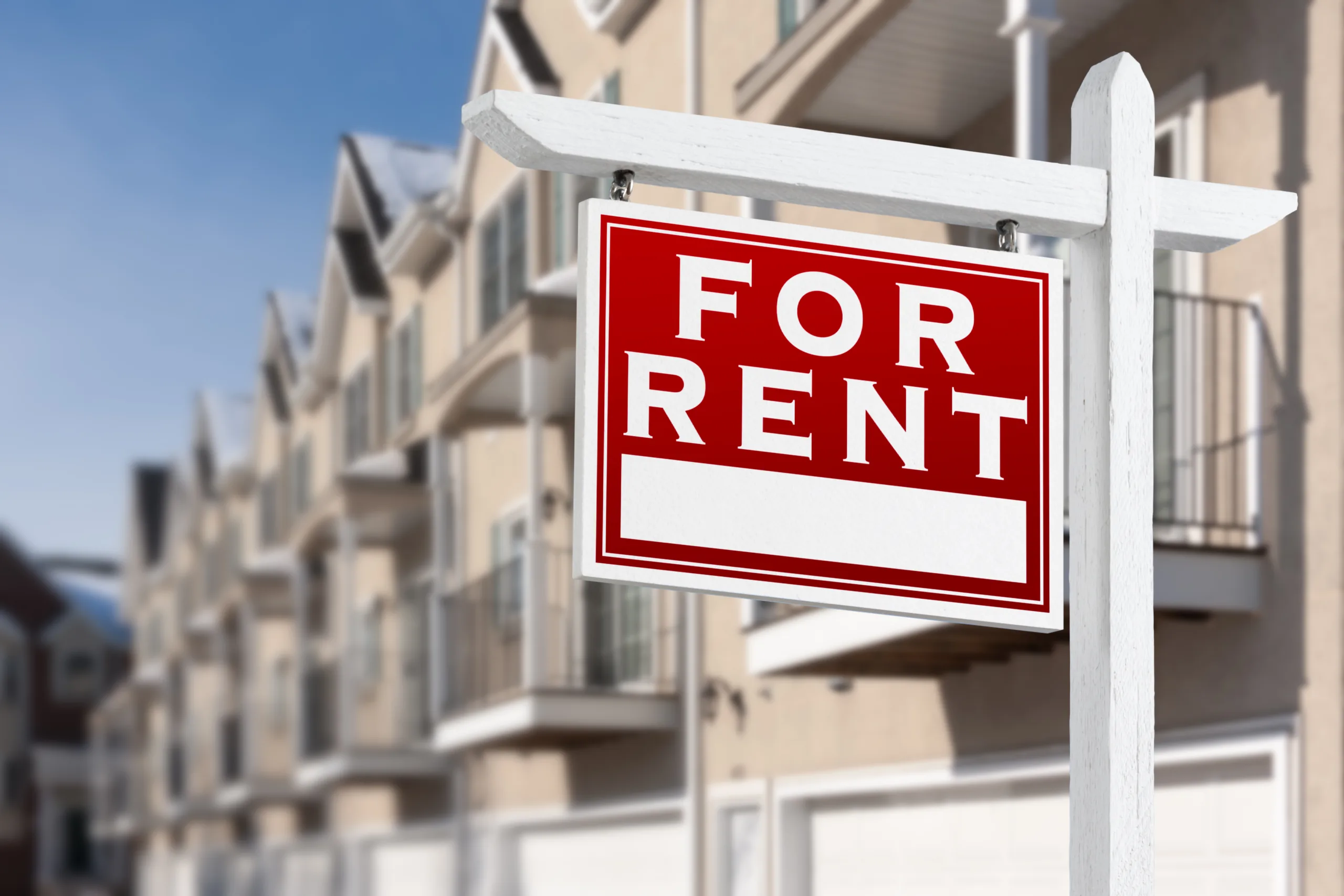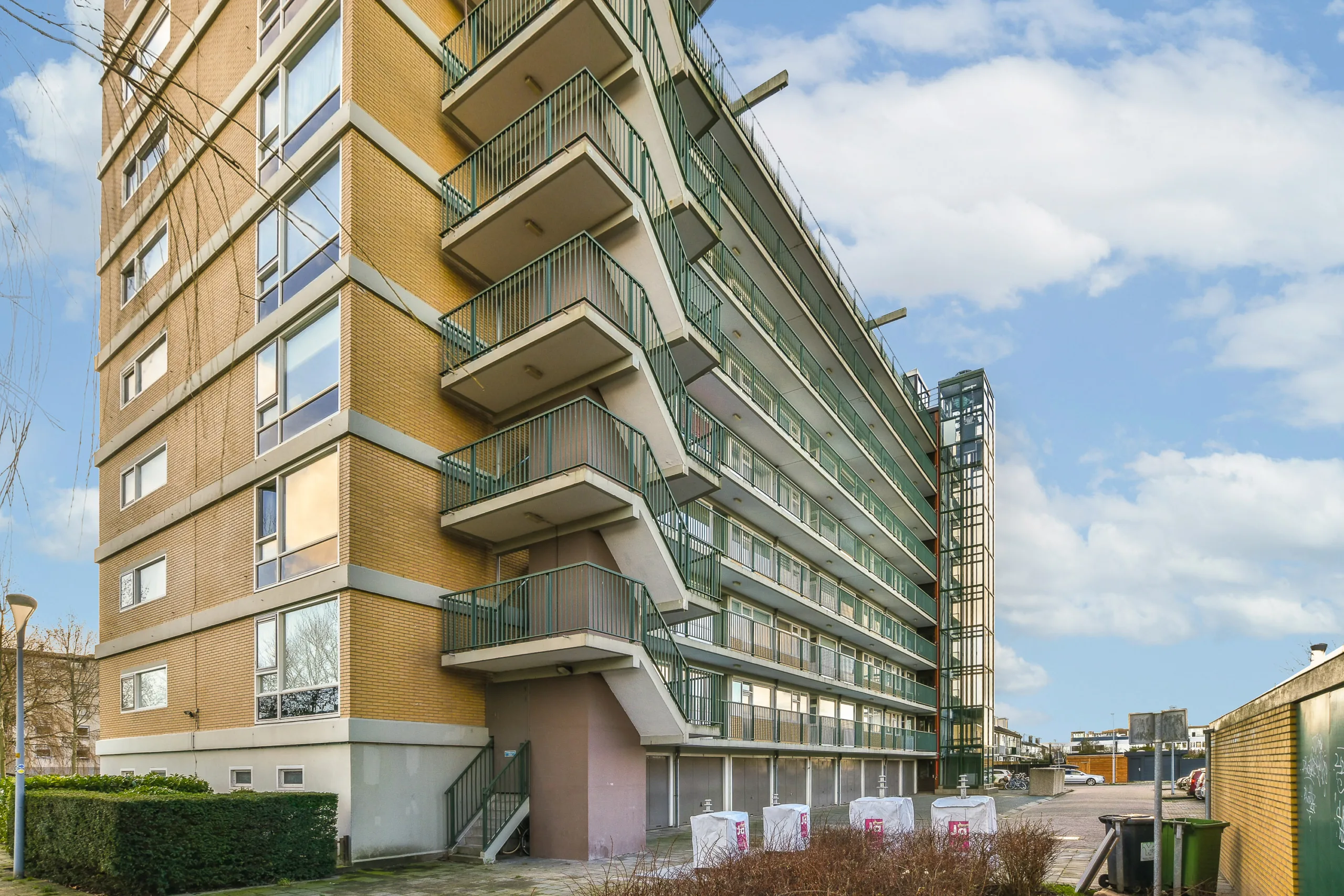- Blockchain—not just cryptocurrency—is gaining traction in commercial real estate (CRE), promising more secure and efficient processes.
- Tokenization is enabling fractional ownership of CRE assets, but US investor access remains limited due to regulations.
- Blockchain, paired with AI, is now being used to transfer mortgage bonds and eliminate prepayment penalties, unlocking liquidity for investors.
From Bitcoin To Blockchain Infrastructure
Cryptocurrency first entered the real estate space about a decade ago, mostly as a novelty. Buyers would use Bitcoin, then convert it to cash to close residential deals. Today, crypto is used more strategically—often as loan collateral—while blockchain, the tech behind crypto, is taking center stage in commercial real estate, reports CNBC.
Companies like Propy now let buyers use their digital assets without selling them, a useful option given crypto’s potential for faster appreciation compared to real estate.
What Blockchain Really Brings To CRE
Tony Giordano, founder of The Opulent Agency, says the real promise lies in blockchain’s ability to securely store critical real estate records. These include titles, mortgage bonds, and deeds. The technology allows this information to be kept permanently and protected from tampering.
He sees the entire real estate industry migrating to blockchain in the coming decade, calling it the most secure platform available.
A Deloitte study supports this view, noting that blockchain can streamline property transactions and lease management. Over time, it could also connect to city utilities and smart infrastructure.
Get Smarter about what matters in CRE
Stay ahead of trends in commercial real estate with CRE Daily – the free newsletter delivering everything you need to start your day in just 5-minutes
A New Way To Own Real Estate
Blockchain enables tokenization, where ownership of a building or property is divided into digital tokens. These tokens represent fractional ownership and can be traded, much like shares of a company.
While US investors currently face restrictions on buying tokenized US assets, international investors are already active. Deloitte estimates that by 2035, up to $4T in global real estate could be tokenized, up from less than $300B in 2024.
AI Meets Blockchain
Another innovation gaining attention is the use of blockchain and AI to improve commercial real estate financing. BV Innovation, for example, offers a platform that helps lenders transfer mortgage bonds from one property to another. This includes the ability to carry over the attached interest rate.
This could help property owners avoid costly prepayment penalties, freeing up capital to reinvest. The system uses AI to analyze new properties for risk, giving lenders confidence without requiring borrowers to renegotiate terms.
Why This Matters For Investors
Blockchain promises to make real estate more liquid, more accessible, and less dependent on intermediaries. It could eventually allow investors to buy, sell, or trade shares of commercial properties as easily as stocks—especially as tokenization becomes mainstream.
The shift may be slow for now, but commercial real estate is actively moving toward a more digital and decentralized future.
What’s Next
As regulatory clarity improves and more platforms integrate blockchain, investor access is expected to broaden. This will also drive smarter lending tools and greater adoption across the CRE ecosystem. The tech may still be in early innings, but it’s quickly moving from fringe concept to infrastructure.

















